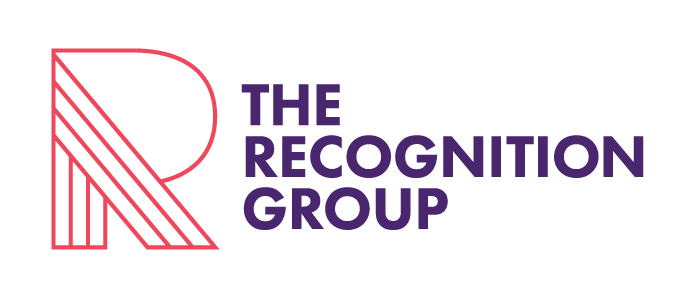How to get journalists to attend your event
So you want to run an event to get media coverage. You’ve got a high-powered international executive lined up to do the talking and you’ve booked an exclusive venue in the city. The last step is to get journalists to come along, and then write an article. Should be easy, right?
So why do journalists find themselves declining more event invitations than they accept?
For a start, journalists have always been short on time. As publications get leaner and online news means journalists need to turn stories around fast, there is even less time in the day for journalists to attend events. If they can get a great story from a phone interview with a relevant, engaging spokesperson, then they’ve done their job and met their deadlines. If they can get everything they need from a well-written media release then it’s often more efficient.
Then there’s the issue of exclusivity. Journalists pride themselves on getting a good story, first. Or at least a different angle. So there needs to be a pretty good reason to take time out of a busy day to attend an event where there will be journalists from rival publications.
Which brings up the number one most important aspect of running an event: making it truly compelling for journalists to attend.
There are a number of steps to achieve this:
1. Get a great speaker
Just because your speaker is an international executive, it doesn’t mean they will automatically deliver the best and most useful content for journalists. If you are lucky enough to have access to an executive who is articulate, engaging and willing to share information, then you have the makings of a great speaker. If not, it may be worth considering inviting supplementary speakers that can offer a broader perspective.
2. Have something to say
If you’re launching the next iteration of a solution that’s already been on the market, an event may not be the right choice. To make an event worthwhile, you need to be able to offer substantial, newsworthy information that cannot easily be conveyed via a media release. (Hint: simply demonstrating how a product works only counts as newsworthy if this is the first product of its kind or a technological breakthrough.)
3. Tailor the content
If you are inviting a number of journalists to an event, consider ways to help them get exclusive angles or information for their article. For example, you could match up each journalist to a customer who is also attending the event, offering an exclusive interview and case study. Or you could offer interviews with specific executives to discuss angles that match each publication’s focus area.
4. Write a great invitation
Too many invitations are boring and take too long to get to the point. Journalists don’t have time to read 500 words on why they should attend an event. You need to grab their attention and hold it. This means putting the fact that you’re inviting them to an event up front in the invitation. Use specific words like “you are invited”.
Then you need to hit them with that compelling reason to attend. Again, be specific. Use words like “you will learn” or “you will see”. Tell them exactly what to expect at the event so they know whether it’s of interest to their publication. If you’re inviting them because you saw they wrote an article on a related topic, then tell them so; it adds to their understanding of why this event could be relevant for them.
5. Follow up appropriately
It’s important to follow up with attendees after the event to provide any additional information they need. This is not an opportunity to ask if they plan to run a story about the event. Rather, it is a chance to offer more information that you know they will be interested in based on their interaction at the event.
If you follow these five steps consistently, you may be able to develop a reputation as a company that runs relevant and interesting events, and provides useful follow-up. This can make journalists more likely to consider your future invitations.
Want to know more about the world of a journalist and interacting with the media? Attend our free breakfast seminar hosted by CEO Liz Marchant. Subjects will include what makes great content for a story, the most common mistakes companies make when engaging with the media, and how to prepare for a media interview.
